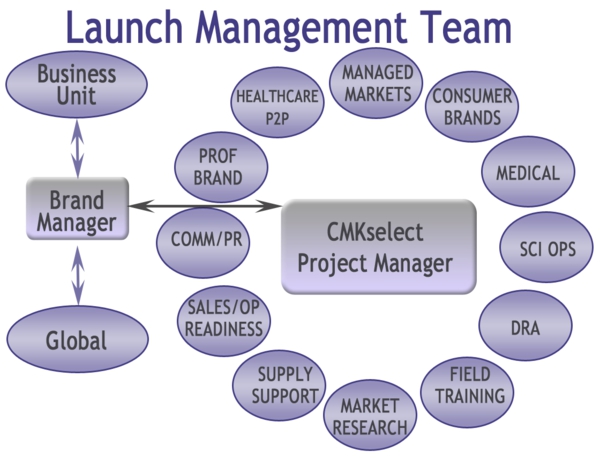If you have an amazing new product that you’re about to launch – beware. Most products are doomed to fail. Why? There are lots of reasons, but here are some of the most common. Be careful that your product or business doesn’t fall into any of these categories.
Lack of Demand
You may have an amazing product, but does anyone really need or want it? For a product to succeed, there needs to be a place in the market for it. If people are already getting the benefits of your product elsewhere, there may be no demand for what you’ve created.
Too-Rapid Growth
Sometimes product launches fail not because they’re bad, but because they’re too successful. It sounds ridiculous, but it happens all the time. Small businesses with low starting capital and small budgets can be in big danger if their product skyrockets too quickly. They may not have the funds requireds or capacity to produce enough of the product to meet such high demand.
Not Meeting Expectations
If your product is really hyped, you’ll fail miserably if it doesn’t actually live up to the hype. If you make big claims of what your product can do, then you’d better be sure you can deliver. Promising too much leaves you in danger of getting people’s hopes up and then letting them down. No matter how great your product is, that constitutes failure. It’s better to give realistic, modest promises and meet them than to reach too high and fall short.
Flawed Product
It’s a mistake to launch a product until you’re 110 percent sure that it’s perfect. Launching a product that contains flaws – especially if those flaws weren’t caught before release – is a failure. A minor defect can cause your entire product line to crash because it just wasn’t good enough.
Wrong Target Market
You need to be very clear on who is going to want or need your product, because pitching to the wrong target audience can spell doom. Thorough market research will help you identify the people who will benefit most from your product, because sometimes the answer will surprise you. You may have had one audience in mind when you began the product, but you might find that it unexpectedly appeals to a wider, narrower, or different audience altogether.
Bad Partnerships
Another reason a product can fail even though there’s nothing wrong with it is if there’s a bad partnership. Sometimes partnerships go sour with success. If you and your partner begin disagreeing on what direction to go in, you could end up going absolutely nowhere fast.
Too High-Tech
Technological advancements are usually made well before the general public is ready for them. If your product is “ahead of its time,” it won’t be accepted by a mass audience. If you have a complicated or revolutionary product, you need to be careful about trying to introduce it to people, especially if it requires too much explanation or training on how to use it.
Selma S. writes for Cloverleaf. Read more on strategic marketing by visiting their website at http://www.cloverleafinnovation.com
Seven Reasons Why Product Launches Fail





